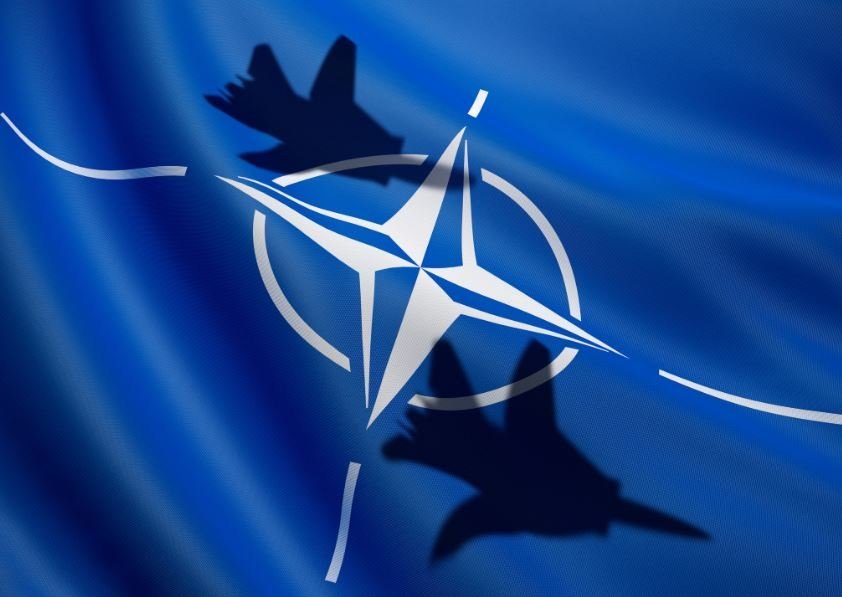New YouGov/RUSI polling portrays a kind of ignorant faith in NATO but also significant doubts that UK defence capability is fit for modern purpose
(Originally published by the Royal United Services Institute here)
First the good news for liberal internationalists: NATO still matters, according to a majority of the British public.
To coincide with the NATO Leaders Meeting happening this week in London, the YouGov-Cambridge Centre partnered with the Royal United Services Institute (RUSI) to survey two nationally representative samples of the British public on attitudes to both the defence alliance and national security more generally.
As results indicate, some four fifths of the country (79%) still think membership of NATO is important to maintaining UK national interests. Identical portions said the same for the World Trade Organization and being a Permanent Member of the UN Security Council, while 68% said likewise about the G20. For control purposes, the questionnaire also asked about membership of the General Conference on Weights and Measures, with a notably smaller 42% calling it important.
In other words, the British public still looks instinctively internationalist, beyond the current ins and outs of Brexit. Perhaps the bad news for NATO advocates, however, is that a lot of people seem confused about its fundamental reason to exist.
A separate, national sample was shown a list of statements and asked to say which one, if any, best described the core purpose of NATO. Answers included a broadly accurate one of ‘to safeguard the security of Western countries’, as well general descriptions for that of other international organisations including the International Committee of the Red Cross (‘to protect the lives and dignity of victims of war’), the International Criminal Court (‘to prosecute individuals for war crimes’), the OECD (‘to promote economic cooperation among developed nations’), and the UN Development Programme (‘to reduce poverty among developing nations’), as well as a made-up answer about providing ‘the military force of the United Nations’.
Tellingly, less than half (45%) answered ‘to safeguard the security of Western countries’, while the remaining 55% chose either ‘Don’t know’/‘None of these’(25%), or a different mission statement (30%), including 15% thinking it constitutes the UN’s military arm.
Which one of the following would you say best describes core purpose of NATO? (%)
| To safeguard the security of Western countries | 49 |
|---|---|
To provide the military force of the United Nations | 15 |
To protect the lives and dignity of victims of war | 5 |
To prosecute individuals for war crimes | 2 |
To promote economic cooperation among developed nations | 6 |
To reduce poverty among developing nations | 2 |
Don't know/ None of these | 25 |
As the same research further suggested, many voters have serious doubts that UK defence capability is fit for modern purpose.
Respondents were shown a list of potential threats to the UK and asked to rate each one on a scale of 0 to 5, where 0 means ‘no threat at all’ and 5 means ‘very serious threat’. Perhaps unsurprisingly, physical terrorism sits high within the public hierarchy of threat perception, with 61% of respondents rating it as 4 or 5 out of 5. But notably, a number of distinctly modern concerns relating to hybrid warfare, globalisation and environmental crisis also score highly. The portion of those choosing 4 or 5 out of 5 was 67% for both cyber espionage and cyber attacks, and 61% for both organised crime and environmental problems. This compared with only 28% and 27% answering likewise for the more conventional threats of military confrontation with Russia or Iran respectively.
Respondents were then asked to say how well protected they think the UK is from these same threats, using a similar scale where 0 means ‘not protected at all’ and 5 means ‘very well protected’. This time, the portions who gave a rating of 4 or 5 out of 5 were the lowest for cyber espionage (22%), organised crime (22%), propaganda (18%) and environmental problems (15%). This compared with 36% for physical terrorist attacks and 31% for the spread of contagious diseases.
While the UK government recently dropped previous commitments to maintain the size of its military, this is reportedly part of a plan to modernise rather than ‘hollow out’ these forces, with a view to doing fewer things but better.
As these results suggest, however, the British public may take some persuading that its overall defence capability can both continue to shrink and remain fit for 21st century purpose.
Methodology: Fieldwork was conducted online between 19–20 November 2019, with a total sample size was 1,611 British adults; and between 20–21 November 2019, with a total sample size of 1,635 British adults. Results have been weighted and are representative of all British adults aged 18+.
Image: Getty







